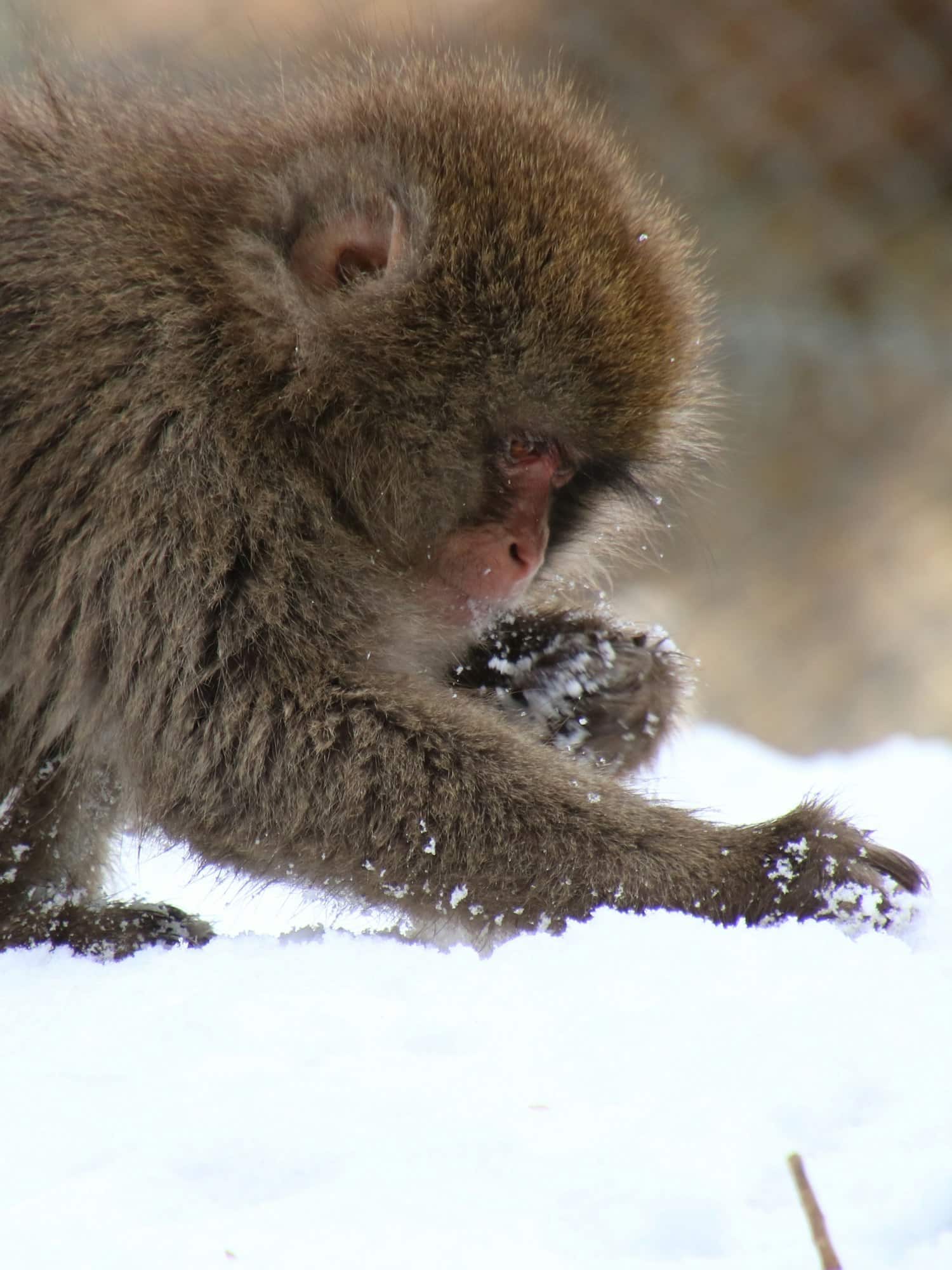The call of the wild is strong and many of us have relished the opportunity to delve into nature, setting off on camping adventures, enjoying the great outdoors and all it offers. Yet, as we seek to immerse ourselves in such natural environments, a fundamental question arises, a query that touches on survival and sustainability – how can we forage for food safely while camping? Specifically, in the UK, a land of rich, diverse flora and fauna, what are the best and safest ways to forage for sustenance?
Understanding Foraging
Before we delve into the nuances of safe foraging, it’s vital to understand what foraging encapsulates. Foraging refers to the act of searching for wild food resources. It involves identifying, collecting, and consuming food from the wild. This can include a wide variety of items such as plants, leaves, flowers, mushrooms, and even certain insects.
A lire aussi : What are the best practices for using portable generators at UK campsites?
Foraging is a skill that has been practiced by humans for thousands of years. It was a primary means of survival for our ancestors and is still practiced by many cultures around the world today. In the context of camping, foraging can add an element of fun and adventure, but it is also a valuable survival skill.
How to Identify Edible Plants
Your foraging expedition while camping will primarily be focused on sourcing plants. In the UK, there are numerous species of wild plants, leaves, and flowers that can offer a diverse and nutritious diet. However, it’s imperative to be able to distinguish between safe-to-eat plants and potentially harmful ones. Misidentification can lead to consuming poisonous plants, something that can have severe health implications.
Sujet a lire : How to camp responsibly near UK heritage sites without causing damage?
Before you begin foraging for plants, it’s a good idea to familiarize yourself with the more common edible species in the UK. Species such as nettle, dandelion, plantain, and wild garlic are easy to identify and find. For example, nettle leaves are nutritious and can be used in a similar way to spinach. Wild garlic has a strong smell, making it easy to identify.
Foraging for Mushrooms
Foraging for mushrooms is a popular activity in the UK. Wild mushrooms are delicious, with a distinct taste that is far superior to most store-bought varieties. However, mushrooms also pose the greatest risk to foragers as many species are toxic and some are even deadly.
That’s why, when it comes to mushrooms, one of the most important rules of foraging comes into play – if you’re not 100% sure what it is, don’t eat it. Some edible mushrooms can look very similar to poisonous ones. It’s therefore vital that you either have a strong knowledge of mushrooms, use a good field guide, or avoid them altogether if you’re not confident.
Best Time for Foraging
The best time for foraging varies depending on what you’re looking for. Many plants are best harvested in the spring when they’re young and tender. This is a great time to look for things like nettle, dandelion, and wild garlic.
In contrast, late summer to early autumn is the best time for foraging mushrooms. This is when they’re most abundant. However, you need to be aware that this is also when dangerous species are most common.
Remember that foraging requires time and energy. You certainly don’t want to waste your time looking for a specific plant or mushroom if it isn’t in season.
Respecting Nature and Legalities
While foraging is a rewarding and enjoyable activity, it is essential to remember that we need to respect nature and its rules. In the UK, the right to forage is included in the Right to Roam laws, but there are some restrictions.
For example, you are allowed to forage for fruits, nuts, and fungi, but uprooting a plant without the landowner’s permission is illegal. Also, foraging is not allowed in National Nature Reserves and Sites of Special Scientific Interest.
On the ethical side, one should not over-forage. It’s essential to leave enough plants for wildlife and for the plant population to regenerate.
Foraging while camping in the UK can be a memorable and enriching experience that connects you with nature on a profound level. With a basic understanding, respect for the law, and the environment, foraging can be a sustainable practice, offering you an abundant source of natural, healthy food.
Year-Round Foraging Opportunities
Foraging for your own food while camping provides unique opportunities year-round. Depending on time, weather, and location, the UK’s diverse landscapes offer a wide variety of wild foods to forage. Starting in the spring, plants such as dandelion, nettle, and wild garlic spring to life, providing a bounty for anyone who knows where to look.
As the seasons transition into summer, the focus shifts towards fruits and berries. Crab apples, hawthorn berries and rose hips, for example, can be found in abundance and are excellent when made into jellies, sauces, or even eaten raw. Wild greens, readily found along footpaths and in meadows, can be added to salads, stir-fries or soups.
Autumn is the prime time for foraging mushrooms, as previously mentioned, while winter presents its own unique opportunities. Nuts, seeds, and certain roots can be found throughout the coldest months, providing sustenance when other sources may be scarce. As well, dried fruit, such as apple slices or berries, can be collected in the warmer months then stored for use during winter.
The key to successful year-round foraging is familiarising yourself with the different wild foods that are in season at various times of the year. A comprehensive guide book can be a valuable resource in your journey to becoming a proficient forager.
Cooking your Foraged Finds
Having gathered your wild foods, the next step is preparing and cooking them. For instance, wild garlic can be used in a variety of dishes; its leaves can be used to make a pesto, while its bulbs can be pickled to preserve them. Nettle, though stinging to the touch when fresh, can be boiled down to make a nutritious soup, or dried and used in tea.
Mushrooms can be fried with a bit of olive oil and eaten as a side dish or added to a stew. Fruits such as crab apples and hawthorn berries can be made into preserves or pies. Some wild plants, like dandelion leaves, can be eaten raw in salads.
In the wild, cooking methods are often simple, but that doesn’t mean your meals have to be dull. With a little creativity, you can turn your foraged finds into delicious meals whilst camping.
Conclusion
Safe foraging is a skill that can greatly enhance your wild camping experience in the UK. It provides an opportunity to connect with nature on a deeper level, and it also offers a tangible reward in the form of fresh, nutritious food. By familiarising yourself with the native edible plants, learning their seasons, carrying a reliable guide book, and adhering to both legal and ethical foraging practices, you can ensure you’re foraging wild foods safely and responsibly.
Whether it’s the first tender greens of spring, the succulent fruits of summer, or the hearty mushrooms of autumn, there’s something uniquely satisfying about eating food that you’ve foraged yourself. So, next time you go camping, why not try your hand at foraging? With a little preparation and knowledge, you’ll be well-equipped to forage for your own wild food in the natural larders of the UK.











